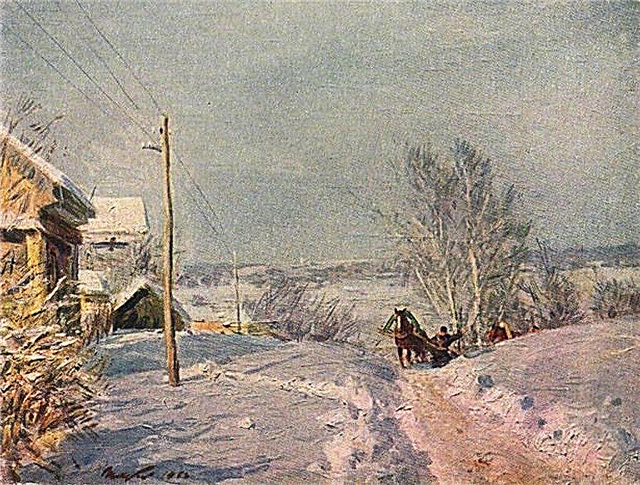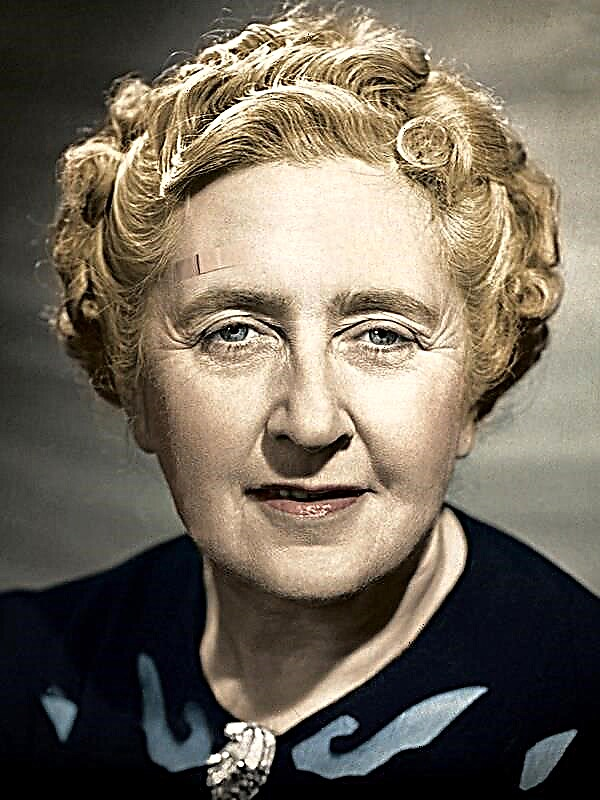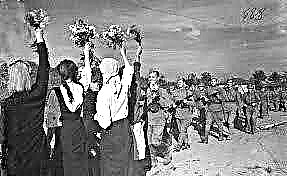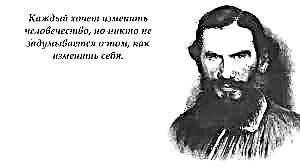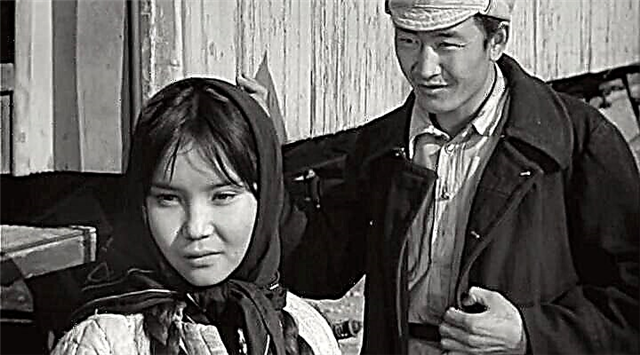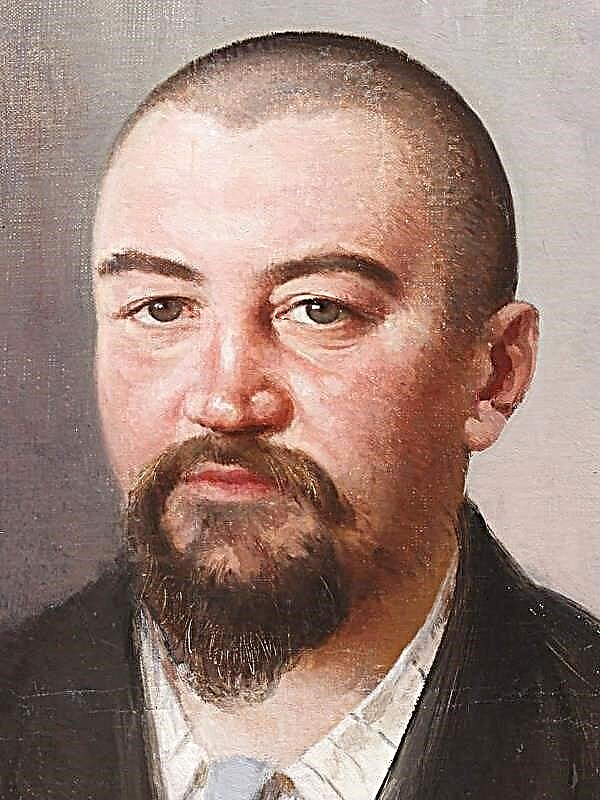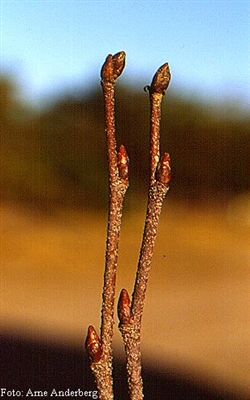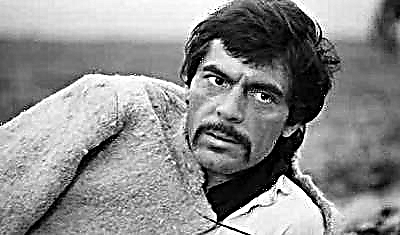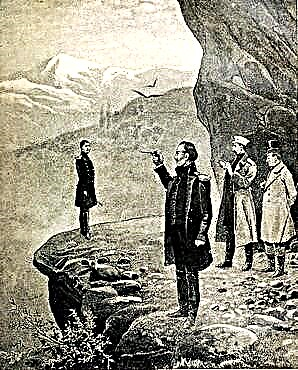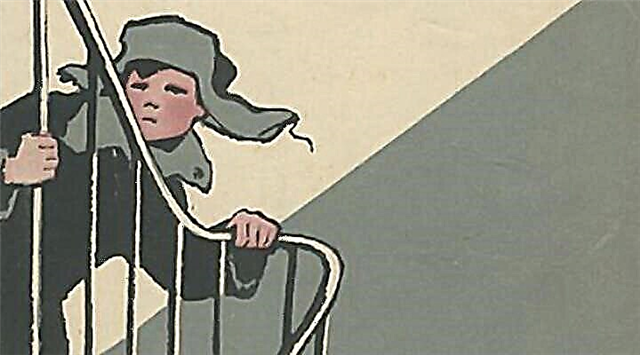(313 words) Yesenin Sergey Aleksandrovich (1895 - 1925) - “the last poet of the village”, singing his native expanses. He was loved, blasphemed, hated. Thirty years passed by a whirlwind, which left to the descendants an image that lives to this day in every line written by the author.
For some reason, his poems about nature, from which the roots of the human race come, are always the first to come to mind. Esenin's nature is full of images of mythological, folklore and Christian. The author himself appears before the reader in the image of a contemplator, singer of immense grace and a cheerful rural youth:
I stand alone among the plain naked
And the cranes carry the wind far
I am full of thoughts about cheerful youth,
But I don’t feel sorry for anything in the past.
Gradually, the creator refuses the image of a hot and enthusiastic young man. The reason for this is the poet’s test of unsatisfied spiritual impulses and the very atmosphere of his new life. The rural boy becomes an ambitious metropolitan man, hungry for love. The ardor of the heart, the sharpness and accuracy of the words of Sergei Alexandrovich are faced with harsh reality. "What happened? What has become of me? ", - these are the questions that revolve in Yesenin's head. During this period, the image of a person who “swallows life” appears. This can be seen in the poems “Maybe late, maybe too soon ...”, “My way”, etc. He is an experienced and disappointed philosopher in people.
Unfortunately, the environment and life failures completely “killed” in Yesenin his early enthusiastic image of a village boy. Now he is a bully and a drunkard, a regular in taverns and revels. Such a hero declares that "the poet will not stop drinking wine when he goes to torture." This image does not get along with the old man who admired the smell of "apples and honey." Sergei Aleksandrovich himself knew this very well, so he seemed to be disappointed in himself in the poem "Life is a hoax with enchanting longing ..."
The last image of the poet is a cynic who has seen almost everything in his life. The poems “I do not regret, do not call, do not cry” and “Goodbye, my friend, goodbye ...” summarize the life of the creator. In them, he repents and resigns himself to the inevitable.
Sergey Yesenin is a man of a precarious era of the beginning of the 20th century. All his images were an attempt to adapt to a contradictory world and accept himself, even after going through endless disappointments.

